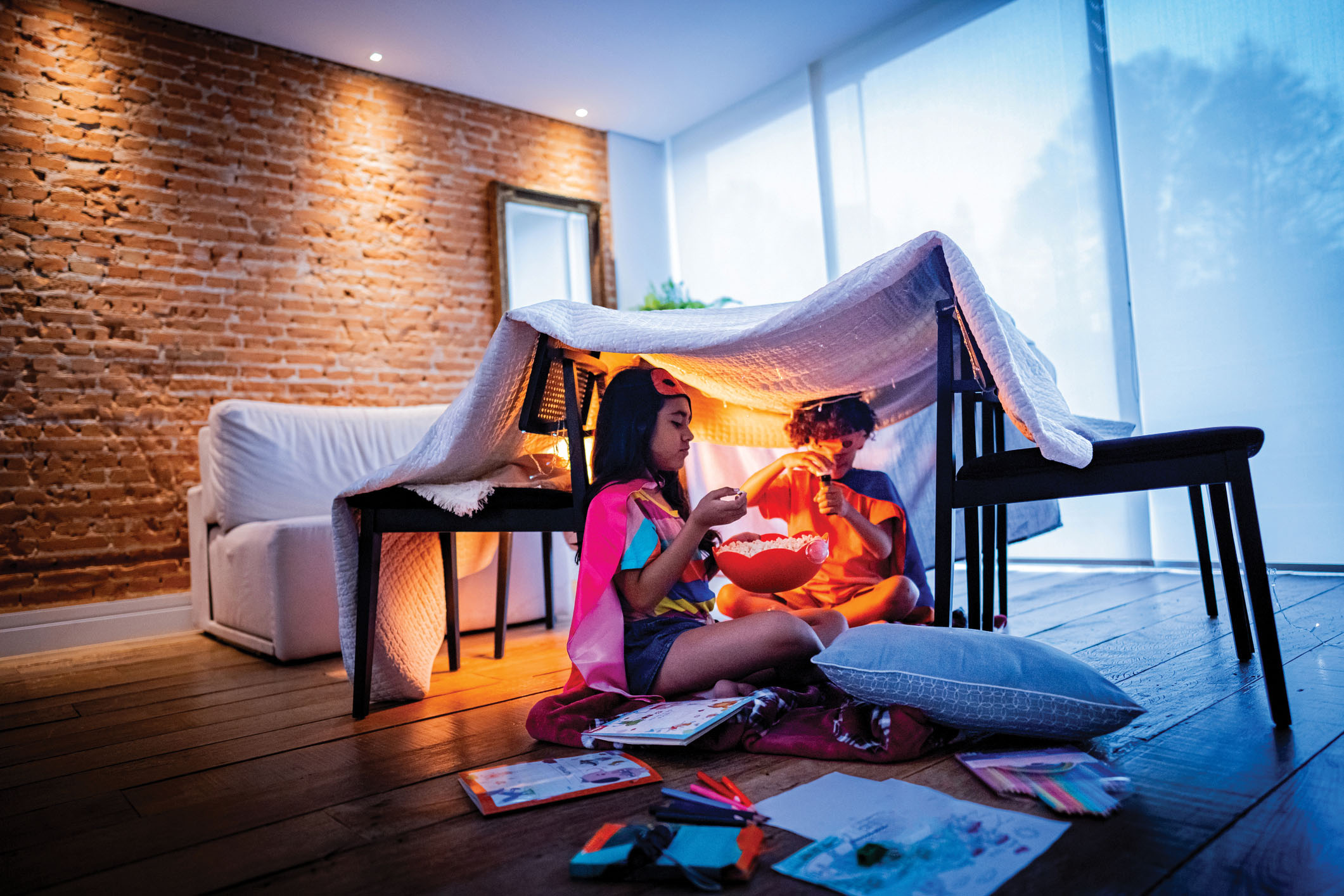
I worried about Jonathan, whose name I have changed to protect his privacy. He was a sweet little boy whose mother was suffering from postpartum depression and whose father had been out of work for months and was displaying anger toward his wife and children. I had known Jonathan’s family for years. They were good people, but they were struggling. Winter break, or “Yeshiva Week,” as it is known in the Orthodox Jewish community, was a week away and I knew that Jonathan and his family would be staying home.
I offered Jonathan’s mother friendship and support. And during winter break, I invited him to our home for playdates because my family and I were also having a “staycation” after recovering from COVID. Jonathan was fun, curious and polite. I wasn’t exactly Mary Poppins, especially when I stepped on a dozen Legos and shrieked at every kid in my presence, but I, thankfully, had a freezer full of waffles.
One afternoon, a fellow mother dropped off her son for a playdate with Jonathan and my kids at our home. When she saw Jonathan eating a waffle in our kitchen, she bent down and asked, “Aww, your family didn’t go anywhere for winter break?” She then turned to me and declared, “We were going to go to Cabo, but at the last minute, I didn’t feel like it.”
I don’t know how Jonathan choked down the rest of his waffle. Frankly, I don’t know how I choked down the rest of my Persian tea.
As a community, we need to make some small changes in our attitudes and our speech regarding winter break, which is currently underway for thousands of Jewish families. With school restarting next week and teachers ready to ask students a slew of questions in front of the class about how kids spend their break, now is the right time to address those changes.
First, let me clarify that modifying how we speak to children about winter break is not meant to wrap all children in a metaphorical bubble of emotional protection. Life is not equitable. Just ask anyone who developed male pattern baldness in his 20s.
During winter break, some children enjoy lavish vacations at destinations they may never fully appreciate at a young age, while others spend eight hours watching TV shows at home because their parents cannot take time off from work, or their families cannot afford vacations. Other children must endure vacations with a dysfunctional family that makes even a few hours in the car an absolute nightmare. Still other kids will miss the structure of school and the kindness of teachers as they enter a home replete with dysregulated adults and/or siblings for 10 days.
As for me, in the 12 years that I attended public school in Los Angeles, my family enjoyed one trip during winter break: In December 1997, we drove my mother’s 1986 Ford, complete with a spiffy cassette player, to Las Vegas, where we took advantage of every free entertainment opportunity offered by the city. This included the free bird show at the Flamingo Hotel, the free-to-watch exotic birds in cages in the lobby of the Tropicana Hotel, the free pirate show outside Treasure Island (which no longer runs), and best of all, the free volcano show outside the Mirage Hotel. That volcano, along with the hotel, was demolished last year, and thus ended free Vegas entertainment for a generation of refugees and immigrants (thankfully, the fountain at the Bellagio, which was built in 1998, “dances” every 15 minutes).
Here’s a thought: Whether you are a parent or a teacher, instead of asking kids, “Where did you go over winter break?” which assumes a child’s family enjoyed a vacation, let’s instead ask the following (of younger children):
• Were you able to help anyone during winter break?
• Was there a moment during winter break when you made a good choice, one that you feel proud of yourself because it was a hard choice?
•Tell me about a silly moment during winter break. What happened? Does it still make you laugh to think about it?
• Was there anything about your winter break that you felt grateful for because someone else may not have been so lucky? If the child scoffs or refuses to answer from a place of entitlement or sarcasm, an adult may follow up with observations such as, “Did you have warm clothes over winter break? How nice!” or “It must have been nice to have had a break from homework. We all need a break every now and then.”
For older children, we may ask even deeper questions, including:
• Did you catch up on the news during winter break? Did anything surprise or bother you?
• Besides school, did you feel you had a break from anything else in a way that you really needed, or was helpful to you?
• Who did you help over winter break? Did you help your parents or a sibling? (in Southern California, it would also be apt to ask those who stayed home during winter break whether they or their families were able to help victims of the recent devastating fires).
• How did you handle moments of boredom over winter break? Or was your winter break so busy that you wish you had had a few minutes of boredom?
• And finally, how was your glamorous family trip to Dubai?
Kidding.
Rather than asking kids what they did over winter break, I often ask, “Did you get a little rest?” Rest does not have to mean a vacation; rest can simply mean sleeping in during mornings when children would otherwise have to wake up early and follow strict regimens of time. It also forces kids to stop and realize that they did most likely sleep in or enjoy some time off from school.
Sometimes, I like to add, “Did you drive your parents crazy over winter break”? For younger children, I always want to know whether they lost any teeth, found any coins, or dug up anything interesting during their time off. Ever tired of older kids’ lackluster attitudes, I often simply ask them if they have downloaded any good apps lately.
I asked Suri Nowosiolski, a Licensed Clinical Social Worker (LCSW) and child anxiety expert who has worked in local schools for over 30 years whether she had any tips for teachers on discussing winter break with students. She suggested that teachers allow students to choose from “a menu of prompts.” These include:
• What is something you experienced over break that you are grateful for?
• Who did you most enjoy spending time with over the break?
• How did you make someone else feel good over the break?
• Did you challenge yourself in any way over the break? How?
• How did you have a growth mindset over break?
• Vacation time is a great time to practice being flexible. Name one way you were flexible over the break.
I have often relied on Nowosiolski, whom I call “the child whisperer” and who is the lead therapist and owner of Hearts and Minds Psychotherapy Group in LA, to offer helpful scripts that get through to kids. Her suggestions are always more helpful than my patented line, “You lost your water thermos again?! You owe me $16!”
Some aspects of life today are already hard enough for kids. And if you think I’m wrong, you’re not appreciating the fact that you probably did not grow up with social media.
Let’s give kids a break from winter break, whether they traveled to sunny Italy, spectacular New Jersey, the legal borders of their house or apartment, or good, old (and slightly less-free) Las Vegas.
Tabby Refael is an award-winning writer, speaker and weekly columnist for The Jewish Journal of Greater Los Angeles. Follow her on X and Instagram @TabbyRefael







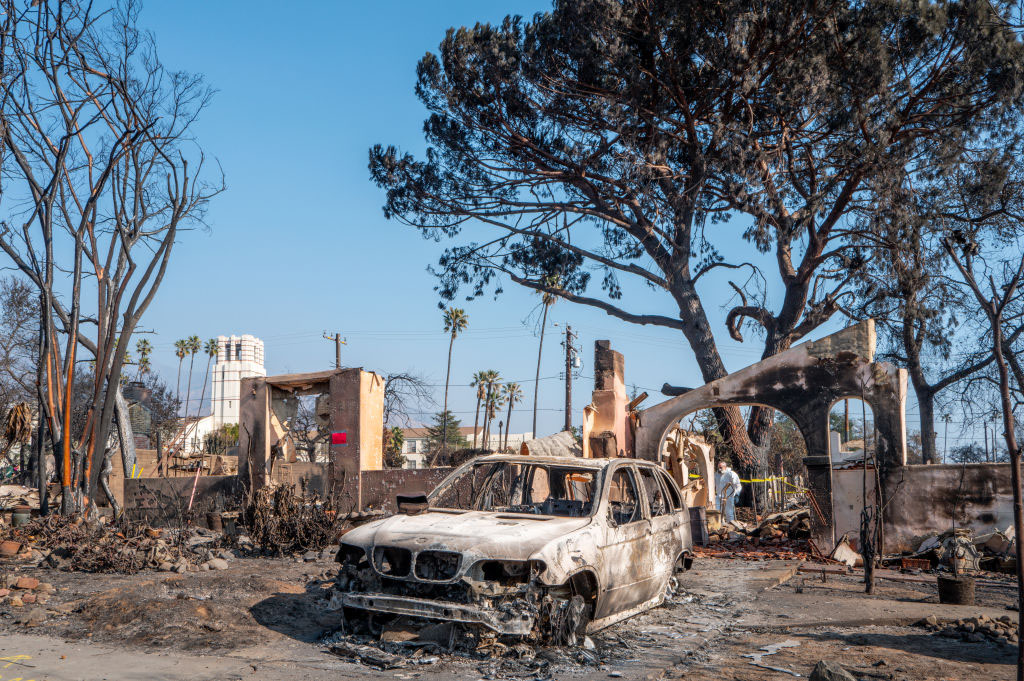
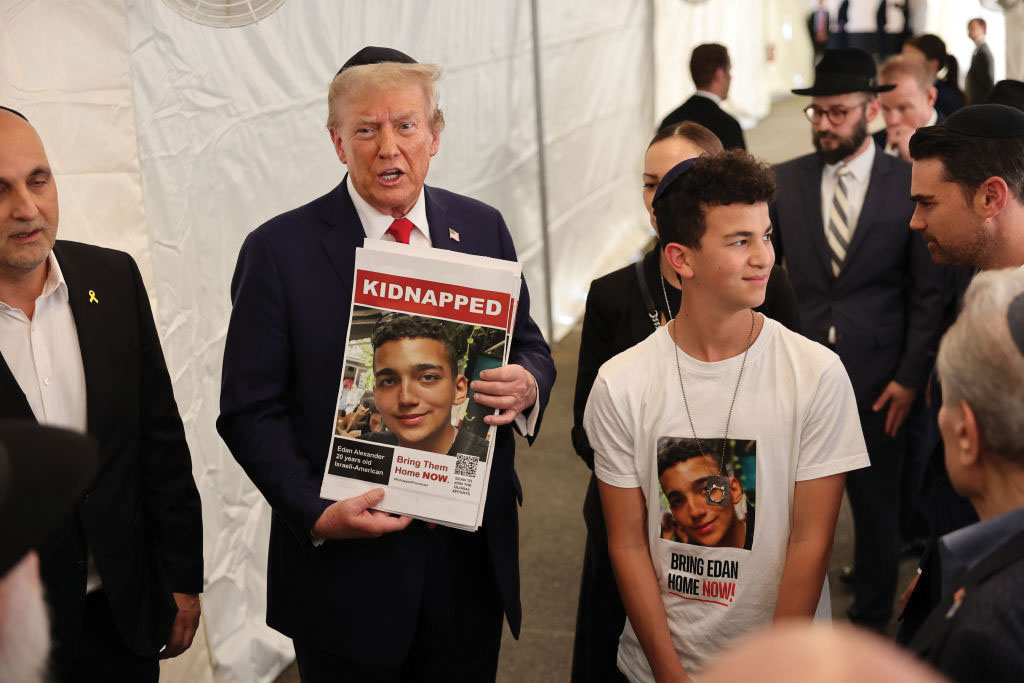
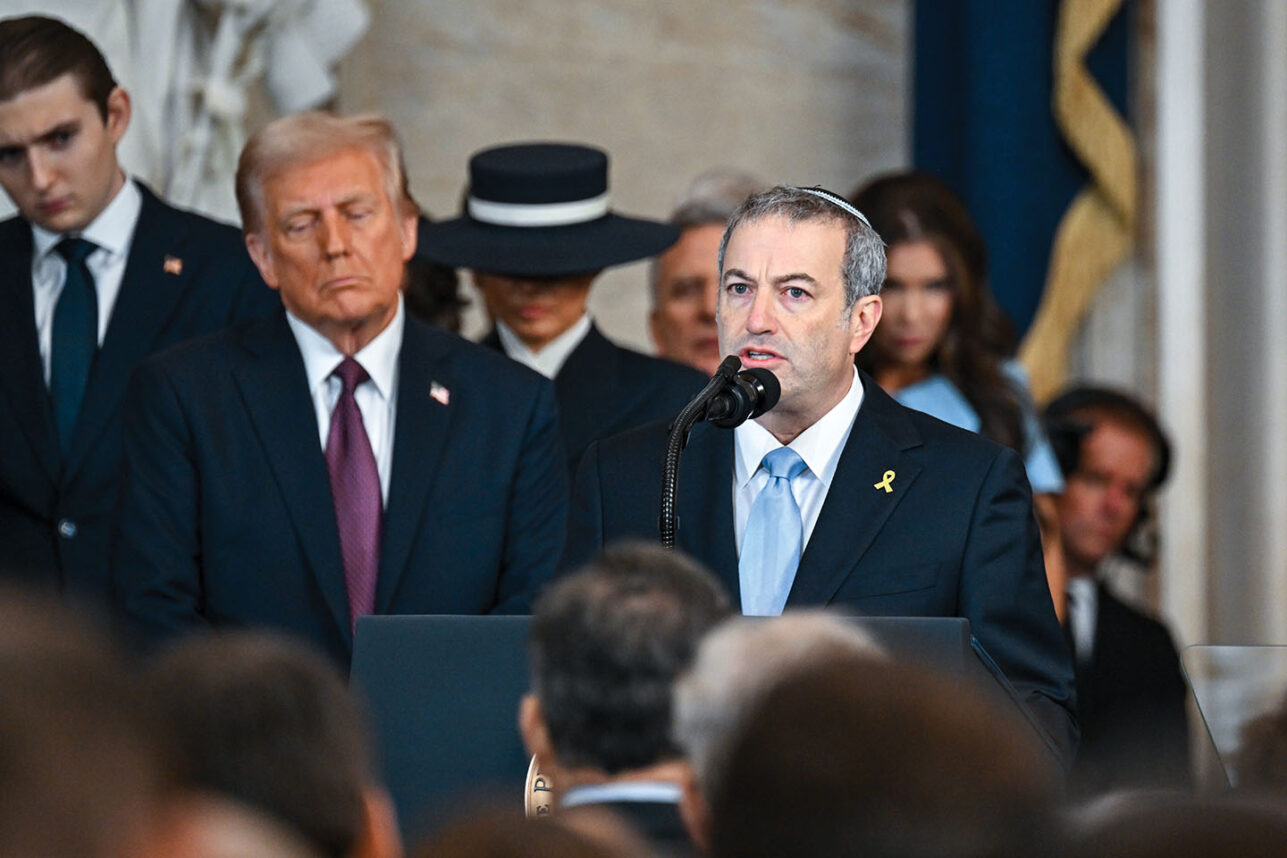
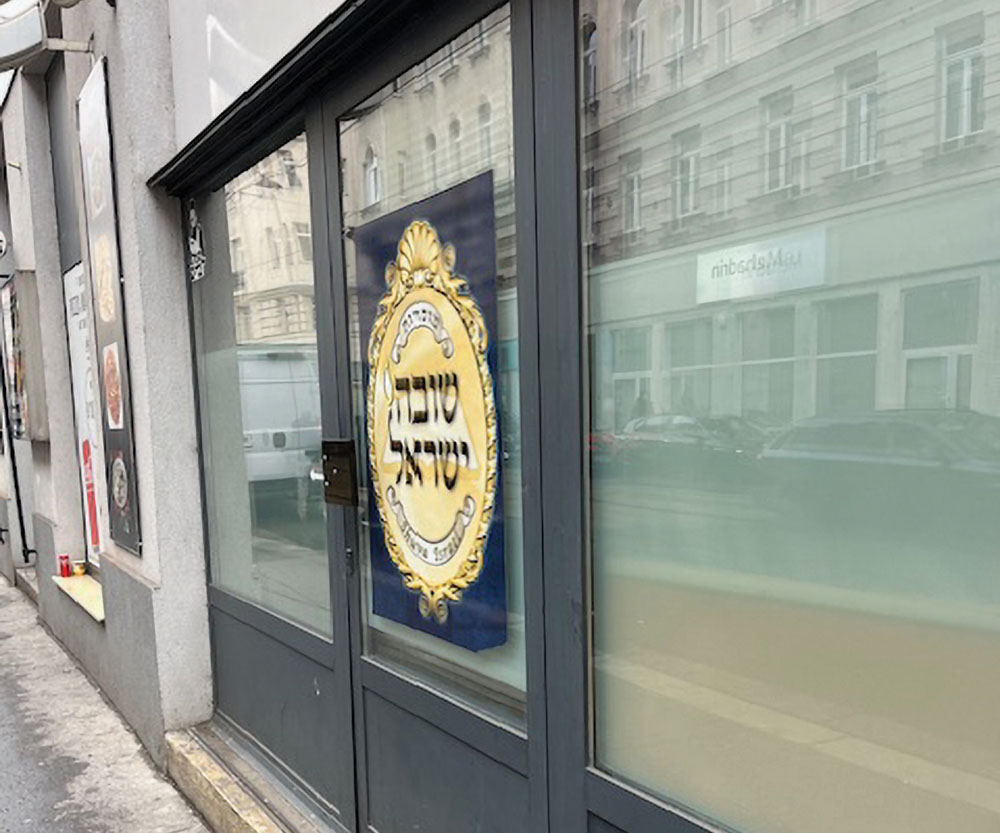
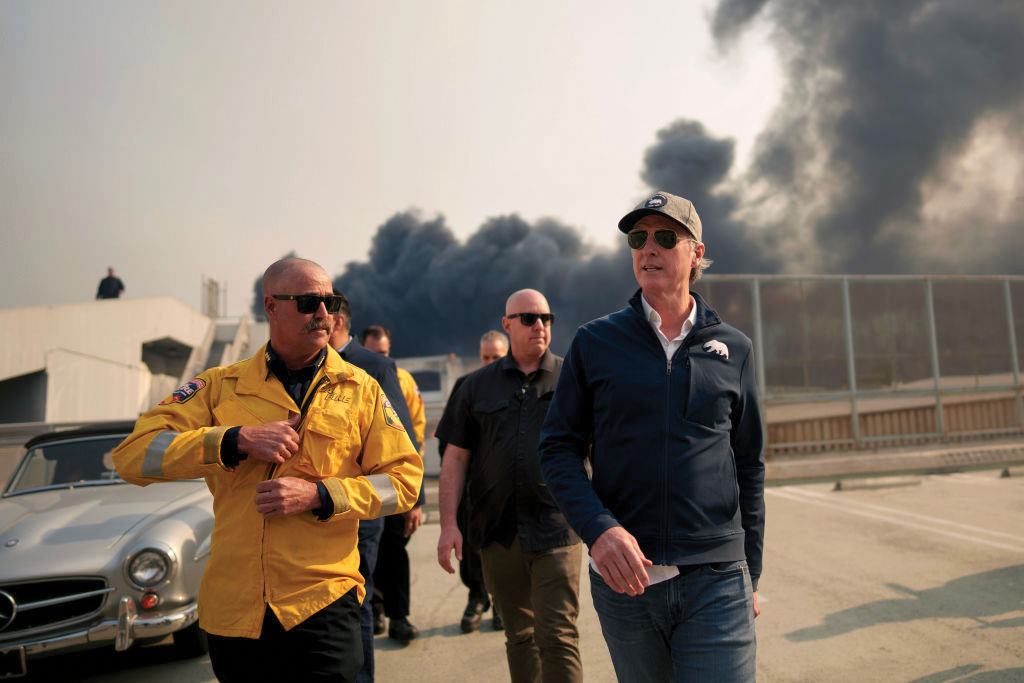
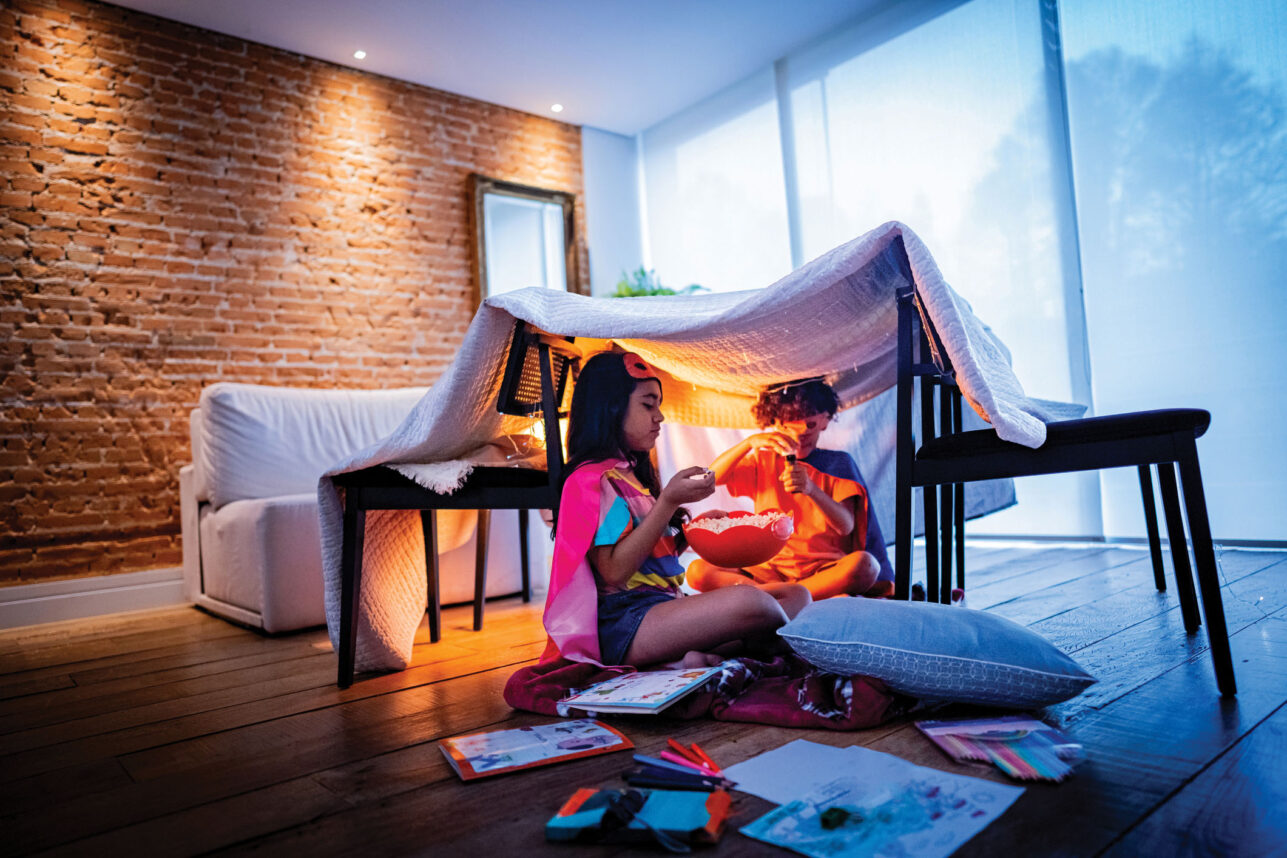
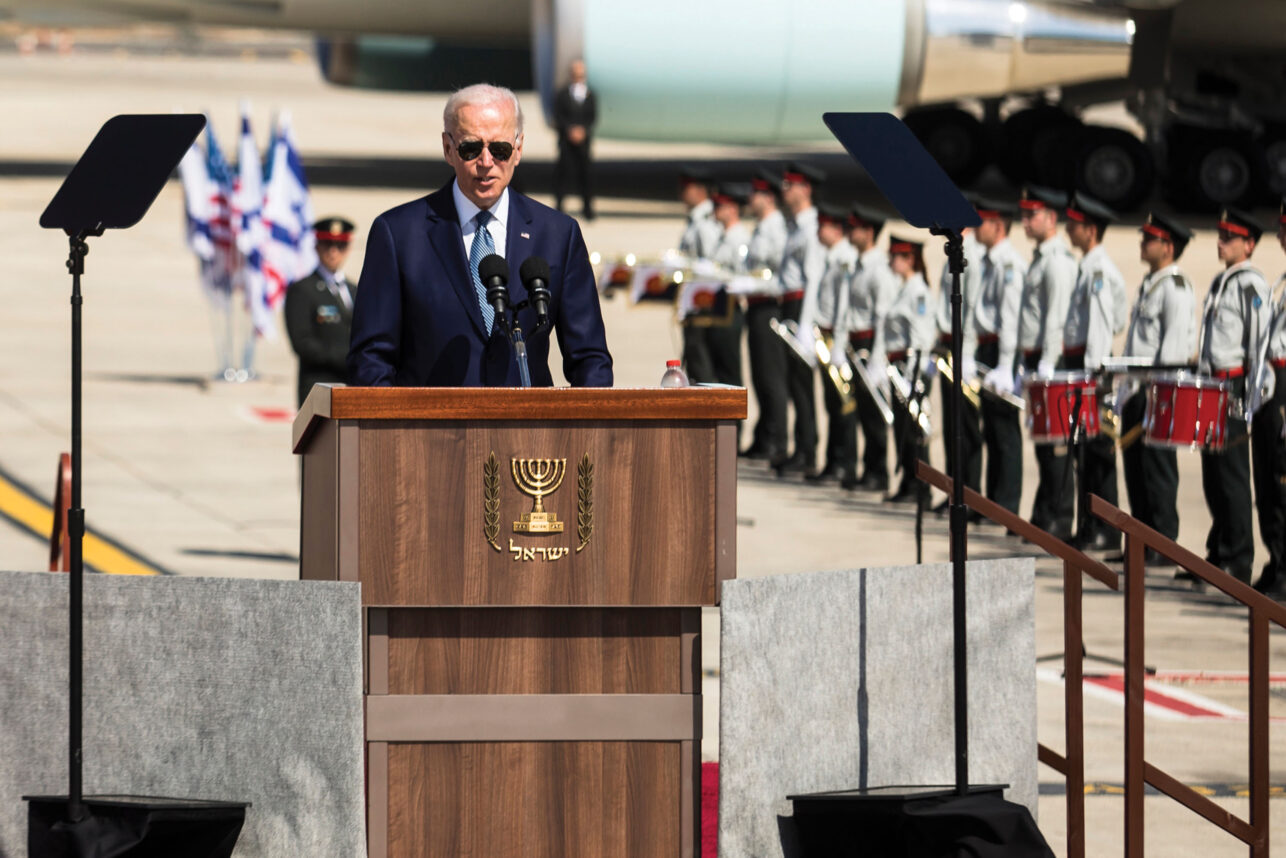
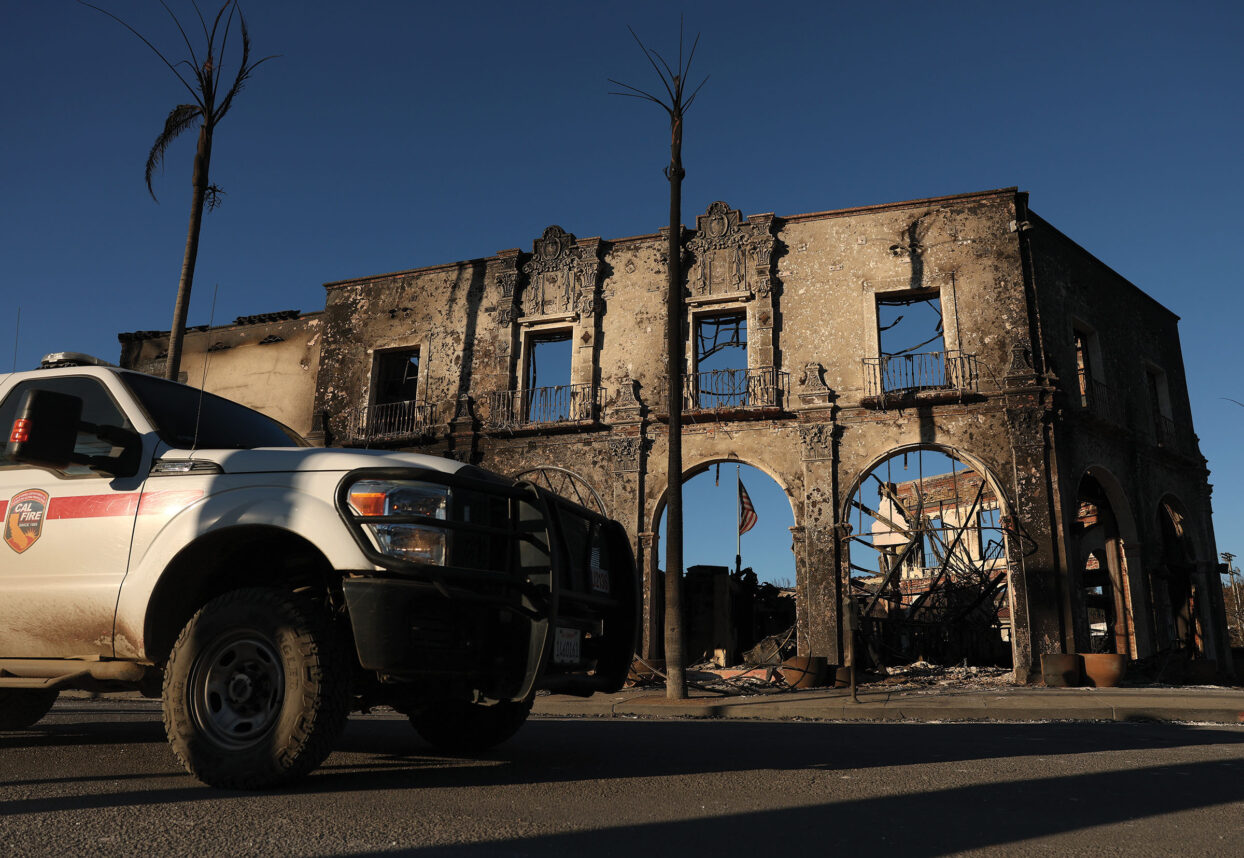

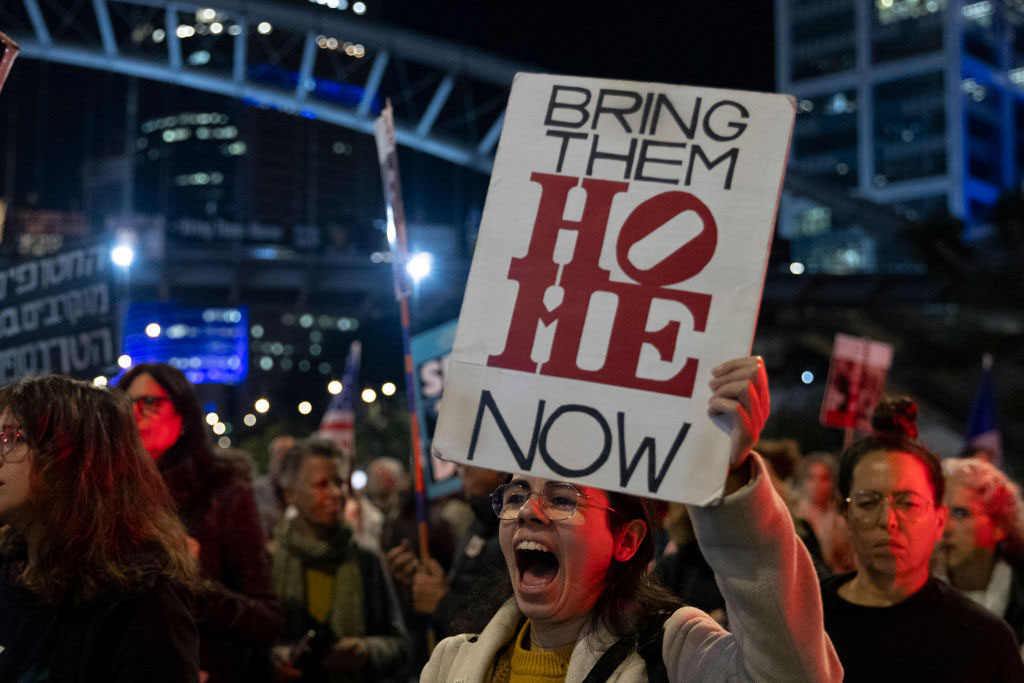




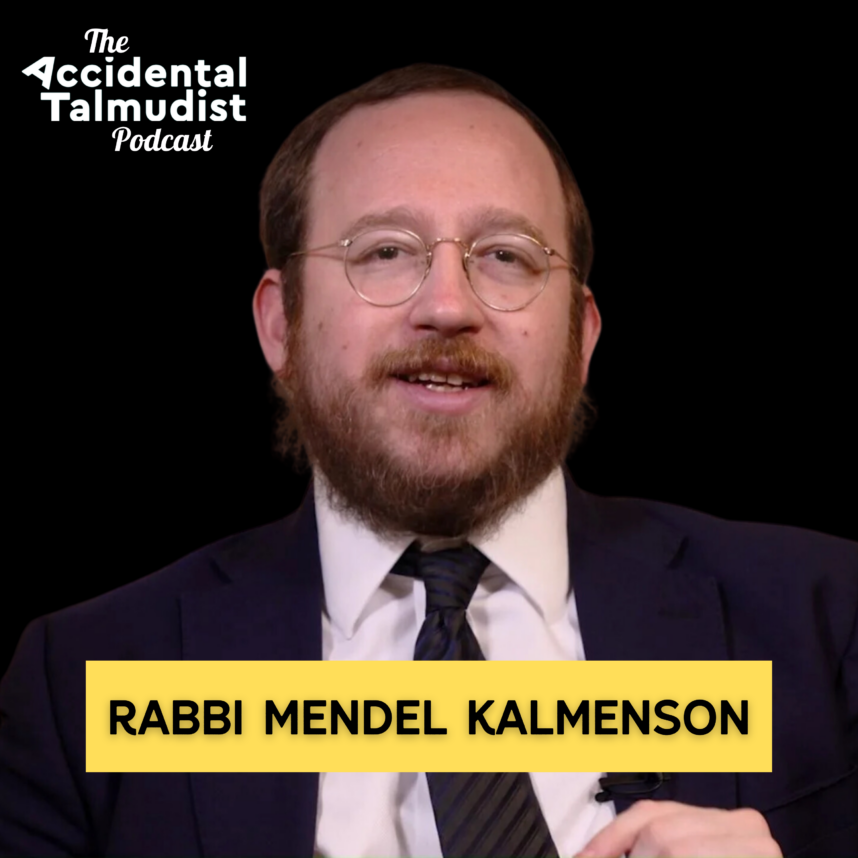
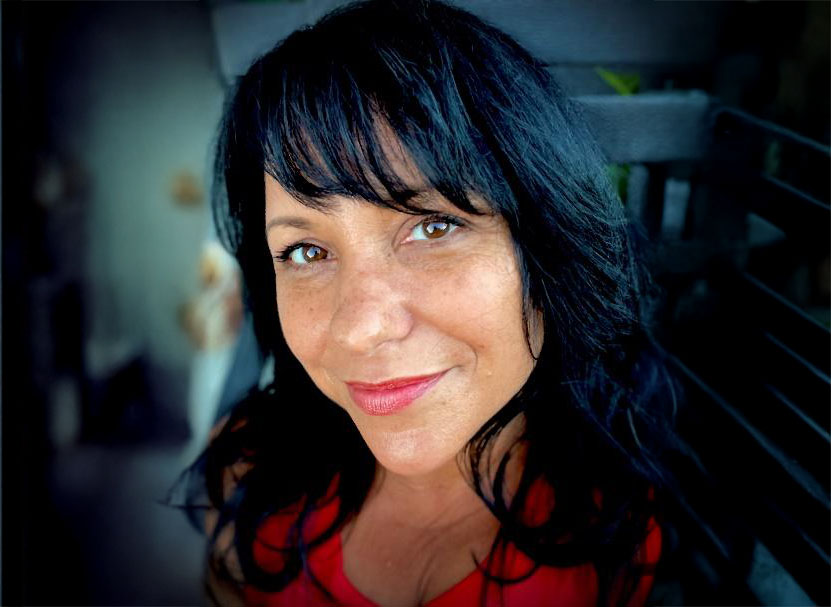

 More news and opinions than at a Shabbat dinner, right in your inbox.
More news and opinions than at a Shabbat dinner, right in your inbox.